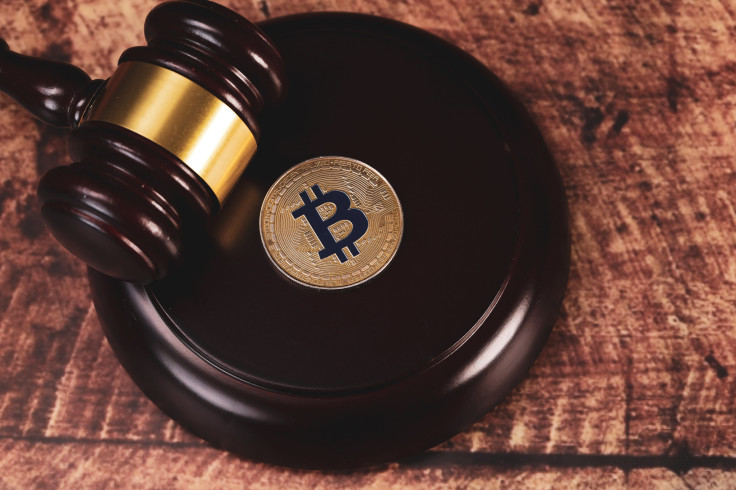Qatar Unveils Digital Assets Regulatory Framework, Leaving US Behind

KEY POINTS
- Even with stringent rules, the framework is expected to help drive innovation in the emerging space
- 'Excluded' tokens such as stablecoins are prohibited from being traded within the QFC
- The US, on the other hand, has yet to have its own regulatory framework for cryptocurrencies
Qatar has launched an extensive regulatory framework for the cryptocurrency industry, becoming one of only a few jurisdictions that now has its own set of rules to ensure innovation, compliance, and growth in the sector.
The Qatar Central Bank, the Qatar Financial Center Authority (QFCA), and the Qatar Financial Center Regulatory Authority (QFCRA) jointly announced the launch of the QFC Digital Assets Framework Sunday, which it describes as "a comprehensive and innovative regime for the creation and regulation of digital assets in the QFC."
"By introducing a comprehensive and robust framework for the regulation of digital assets, we are laying the groundwork for the development of a thriving and innovative financial services sector that can leverage the opportunities offered by new technologies and emerging market," QFCRA CEO Michael Ryan said in a statement.
The framework addresses various aspects of the crypto industry, and it also opens the gate for companies to apply for token service provider licenses.
According to the press release on the framework's launch, the regulatory agencies cooperated and sought feedback from key industry players and other stakeholders.
While the framework addresses various aspects of the crypto space, including the operation of token exchanges and custody services, a striking part of the framework focuses on "excluded" tokens.
What Are Excluded Tokens?
According to the framework, an "excluded" token is one that "does not represent a right in any property (other than the token itself); or is a substitute for, or represents, currency, or can other be used as a means of payment." Such tokens cannot be generated or traded within the QFC.
An example of an excluded token is a stablecoin, the framework noted further, adding that excluded tokens are any crypto asset used "as an alternative to fiat currencies but is not issued or backed by any governmental authority and does not represent any 'off-chain' property."
Basically, any cryptocurrency that is solely used as currency substitutes is not tradeable within the QFC.
Compliance with Pre-set Rules
Token service providers are required to adhere to anti-money laundering (AML) and counter-financing of terrorism (CFT) rules. Among the measures such services providers should establish are transparency in token transactions, know-your-customer (KYC) systems, and guardrails to ensure the handling and storage of customer assets.
Token services are specified as validation services, token generation, token custody services, token exchange operations, or token transfer services.
Notably, the rules state that "a token service may not be carried on in or from the QFC in relation to an excluded token."
How about the US?
Qatar follows the European Union in establishing a clear set of rules for crypto companies after the first set of regulations under its comprehensive Markets in Crypto Assets regulation (MiCA) took effect in June.
The United States, which is usually the standard in various aspects of the economy, has yet to see significant progress in efforts to pass legislation specific for the crypto industry.
Several bills have passed certain stages of legislation, but with the elections looming, changes within the legislative branch of government could further dampen hopes for a U.S. crypto regulatory framework to be passed soon.
© Copyright IBTimes 2024. All rights reserved.





















